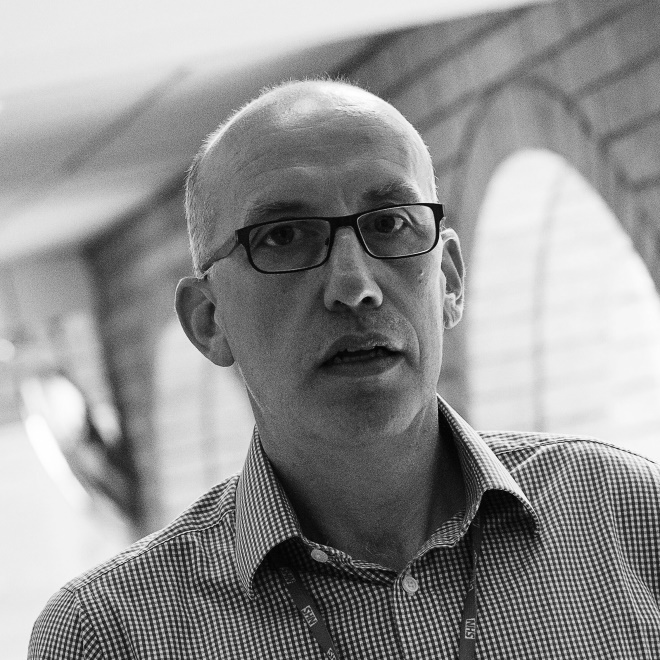
Shutterstock.com

Source: Shutterstock.com
Raj loved his job. Both his parents were doctors, but they had begged him not to study medicine. Life in 2048 was very different to when they retired from the NHS in 2020. England once again had an empire that ruled the world, last year outperforming the only other genuine world superpower, Korea.
Raj’s news feed told him that today the NHS was celebrating its centenary in style, as all countries in the world had finally adopted its operating model. The pharmacist was now the ultimate custodian of people’s health. The second pledge of the NHS Constitution was that medicines for a chronic condition could not be started unless the patient had first discussed it with their pharmacist.
After the great 2030 review identified that millions of people worldwide were dying prematurely from problematic polypharmacy, and that medicines did more harm than good in most patients, doctors were only permitted to diagnose illness. Treatment suggestions had to be sent to the pharmacist for discussion with the patient. The first pledge of the constitution was that citizens were entitled to free healthcare only if they had an annual health check and agreed a healthy living plan with their pharmacist.
After a couple of breakfast nutrition pills, Raj’s virtual assistant advised him of his clinical schedule. He had 15 patient video consultations, 5 home visits and 15 video consultations with doctors. At 2pm he had a meeting with his shipping director because new laws were due to be introduced that might affect the company’s reliance on their fleet of ‘pill drones’ to deliver medicines directly from the robotic dispensing warehouse to patient’s homes.
During patient consultations, Raj had all the necessary patient-related data available to him, including gene profiling, blood results and telehealth biometrics, but he knew that what really mattered was what his university lecturers had always drilled into him: real patients are not clinical trial patients, and they should be helped to make their own decisions about whether to take a medicine or not.
The annually published record of salaries showed that Raj was the best paid health professional in England — metrics indicated that his patients had the lowest number of unplanned hospital admissions and GP visits; the smallest pill burden and highest medication adherence rates; the lowest average body mass index and blood pressures; and the highest quality of life scores.
His last consultation of the day typified his job. The cardiologist pleaded with him to prescribe Mrs Jones an anticoagulant for her atrial fibrillation, but Raj explained that her gene profile alone indicated that she was more likely to have a cerebral bleed than an infarct. Mrs Jones had also already decided she did not wish to take them as she felt the risks outweighed the possible benefits.
Patients loved Raj; they completely trusted his medicines expertise and his overwhelming desire to support their healthy living plans and, when safe to do so, avoid medicines altogether.

Steve Williams, senior clinical pharmacist, Westbourne Medical Centre, Bournemouth.
Steve’s piece received a special mention in our 2018 writing competition ‘Future Pharmacist’. Read more entries here.



